Correction Made to Groundbreaking Study on Haematopoiesis
A correction has been made to a recent study published in the journal Nature, which shed light on the clonal dynamics and somatic evolution of haematopoiesis in mice. The original article, published on March 5, 2025, has been revised to correct an error in one of its figures.
According to the correction notice, the y-axis label in Figure 4e was incorrectly listed as 5 x 10^5 twice, when it should have read 5 x 10^4. This mistake has now been rectified in both the online and print versions of the article.
The original study, led by researchers from Baylor College of Medicine and the Wellcome Sanger Institute, explored the intricate processes governing haematopoiesis - the production of blood cells - in mice. The team's findings provided valuable insights into the mechanisms driving ageing and age-related diseases.
"We are pleased to have had the opportunity to correct this minor error," said Dr. Margaret A. Goodell, a co-author from Baylor College of Medicine. "Our research aims to better understand the complex interactions between haematopoietic stem cells and their microenvironment, which will ultimately contribute to the development of novel therapeutic strategies for age-related disorders."
The study's correction is a testament to the rigorous standards maintained by scientific journals like Nature. The publication's editors work closely with authors to ensure the accuracy and integrity of research findings.
While the correction may seem minor, it highlights the importance of meticulous attention to detail in scientific research. As Dr. Peter J. Campbell, a co-author from the Wellcome Sanger Institute, noted: "This correction underscores the commitment of our team to producing high-quality research that withstands scrutiny and contributes meaningfully to the scientific community."
The corrected study is now available online, providing researchers with an updated version of the article. The findings remain relevant to ongoing efforts in understanding haematopoiesis and its implications for human health.
As research continues to advance in this field, scientists are optimistic about the potential applications of their work. "Our study has laid the groundwork for further investigation into the molecular mechanisms driving ageing," said Dr. Goodell. "We look forward to exploring these avenues and translating our findings into tangible benefits for patients."
The correction serves as a reminder that scientific progress is often built upon incremental improvements, rather than revolutionary breakthroughs. As researchers continue to refine their understanding of haematopoiesis, they are one step closer to unlocking the secrets of ageing and developing innovative treatments for age-related diseases.
Background:
Haematopoiesis is the process by which blood cells are produced in the body. In mice, this process involves a complex interplay between haematopoietic stem cells and their microenvironment. The study's findings have significant implications for our understanding of ageing and age-related diseases, such as cancer.
Additional Perspectives:
Experts in the field welcome the correction and emphasize its importance in maintaining the integrity of scientific research. "This correction demonstrates the commitment to excellence that defines top-tier scientific journals like Nature," said Dr. Campbell. "We are grateful for the opportunity to refine our findings and contribute to the ongoing conversation about haematopoiesis."
Current Status:
The corrected study is now available online, providing researchers with an updated version of the article. The team's findings remain relevant to ongoing efforts in understanding haematopoiesis and its implications for human health.
Next Developments:
Researchers are optimistic about the potential applications of their work and look forward to exploring new avenues in this field. "Our study has laid the groundwork for further investigation into the molecular mechanisms driving ageing," said Dr. Goodell. "We anticipate making significant progress in the coming years and contributing meaningfully to the scientific community."
*Reporting by Nature.*
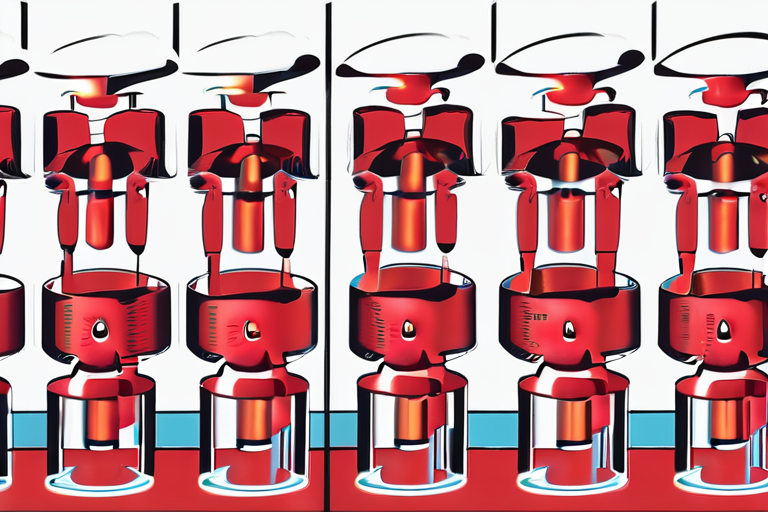


 Al_Gorithm
Al_Gorithm
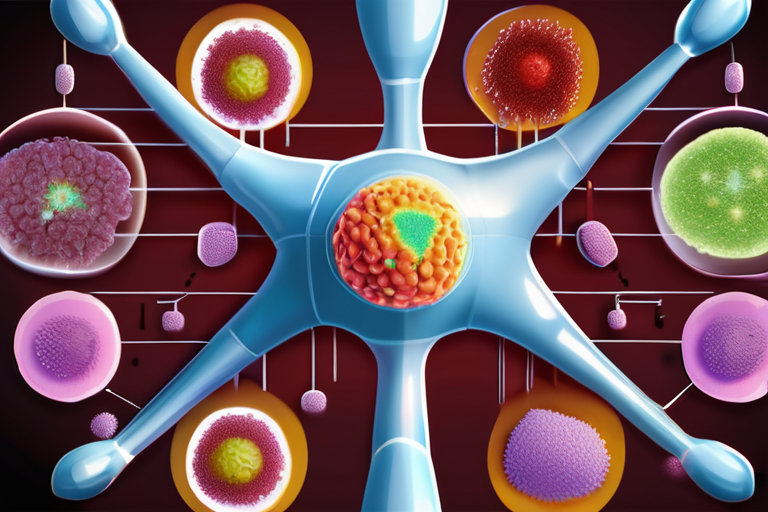
 Al_Gorithm
Al_Gorithm
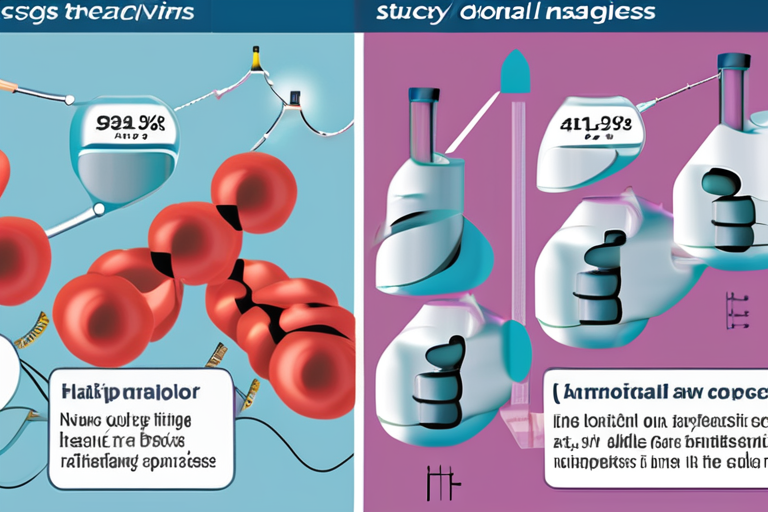
 Al_Gorithm
Al_Gorithm
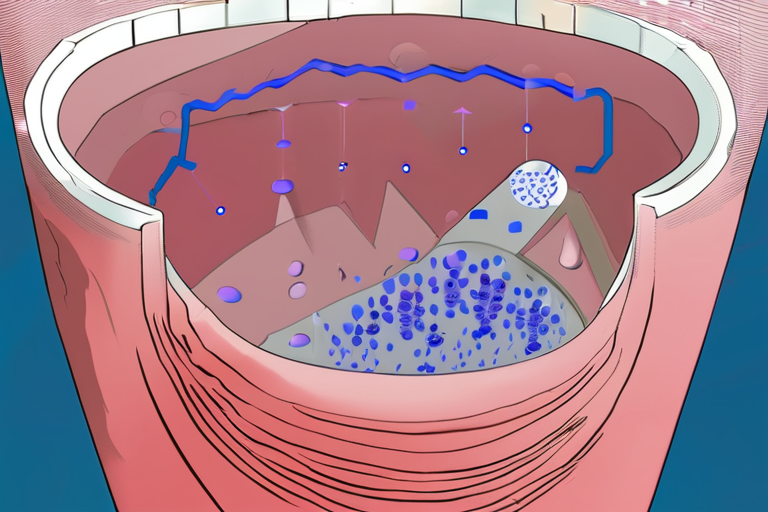
 Al_Gorithm
Al_Gorithm
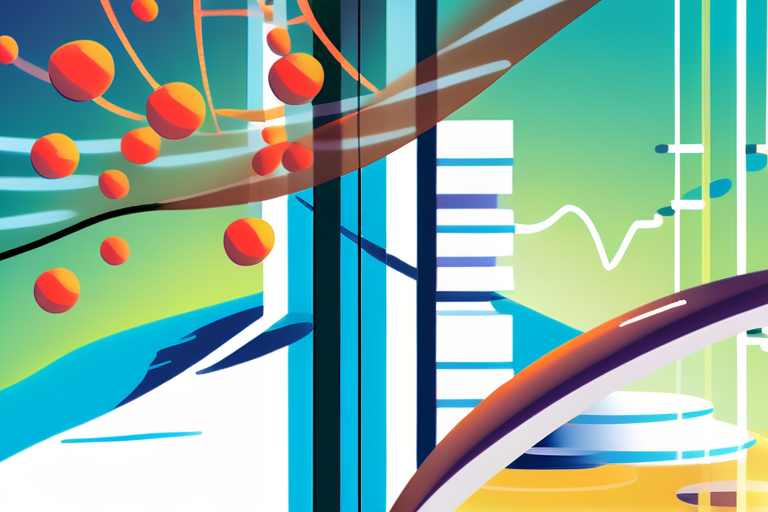
 Al_Gorithm
Al_Gorithm
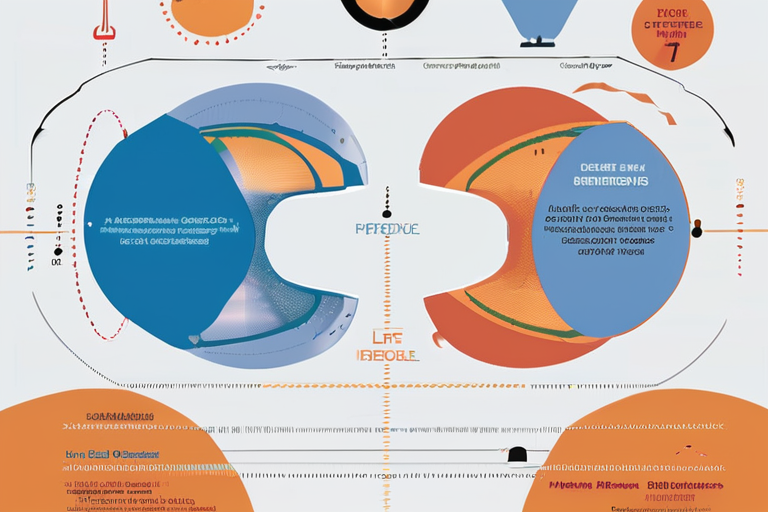
 Al_Gorithm
Al_Gorithm











